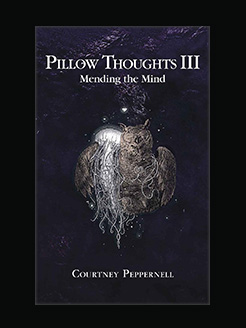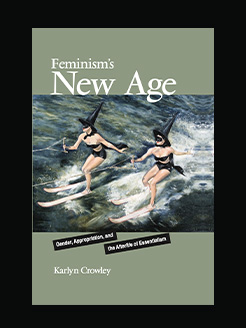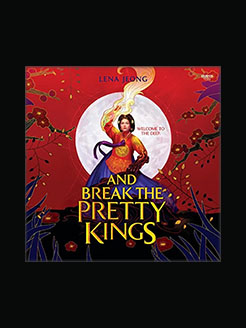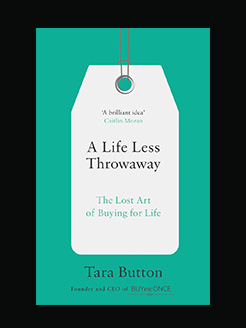Published in 1974 (first published 1924)
304 pages
An innovative modernist writer, Hilda Doolittle (1886–1961) wrote under her initials in a career that stretched from 1909 to 1961. Although she is most well known for her poetry – lyric and epic – H.D. also wrote novels, memoirs, short stories, essays, reviews, a children’s book, and translations. An American woman who lived her adult life abroad, H.D. was engaged in the formalist experimentation that preoccupied much of her generation. A range of thematic concerns resonates through her writing: the role of the poet, the civilian representation of war, material and mythologized ancient cultures, the role of national and colonial identity, lesbian and queer sexuality, and religion and spirituality.
What is this book about?
The fabulous beauty of Helen of Troy is legendary. But some say that Helen was never in Troy, that she had been conveyed by Zeus to Egypt, and that Greeks and Trojans alike fought for an illusion. A fifty-line fragment by the poet Stesichorus of Sicily (c. 640-555 B.C.), what survives of his Pallinode, tells us almost all we know of this other Helen, and from it H. D. wove her book-length poem. Yet Helen in Egypt is not a simple retelling of the Egyptian legend but a recreation of the many myths surrounding Helen, Paris, Achilles, Theseus, and other figures of Greek tradition, fused with the mysteries of Egyptian hermeticism.







